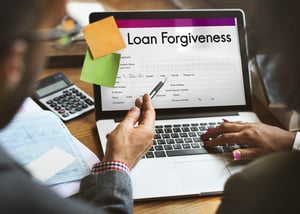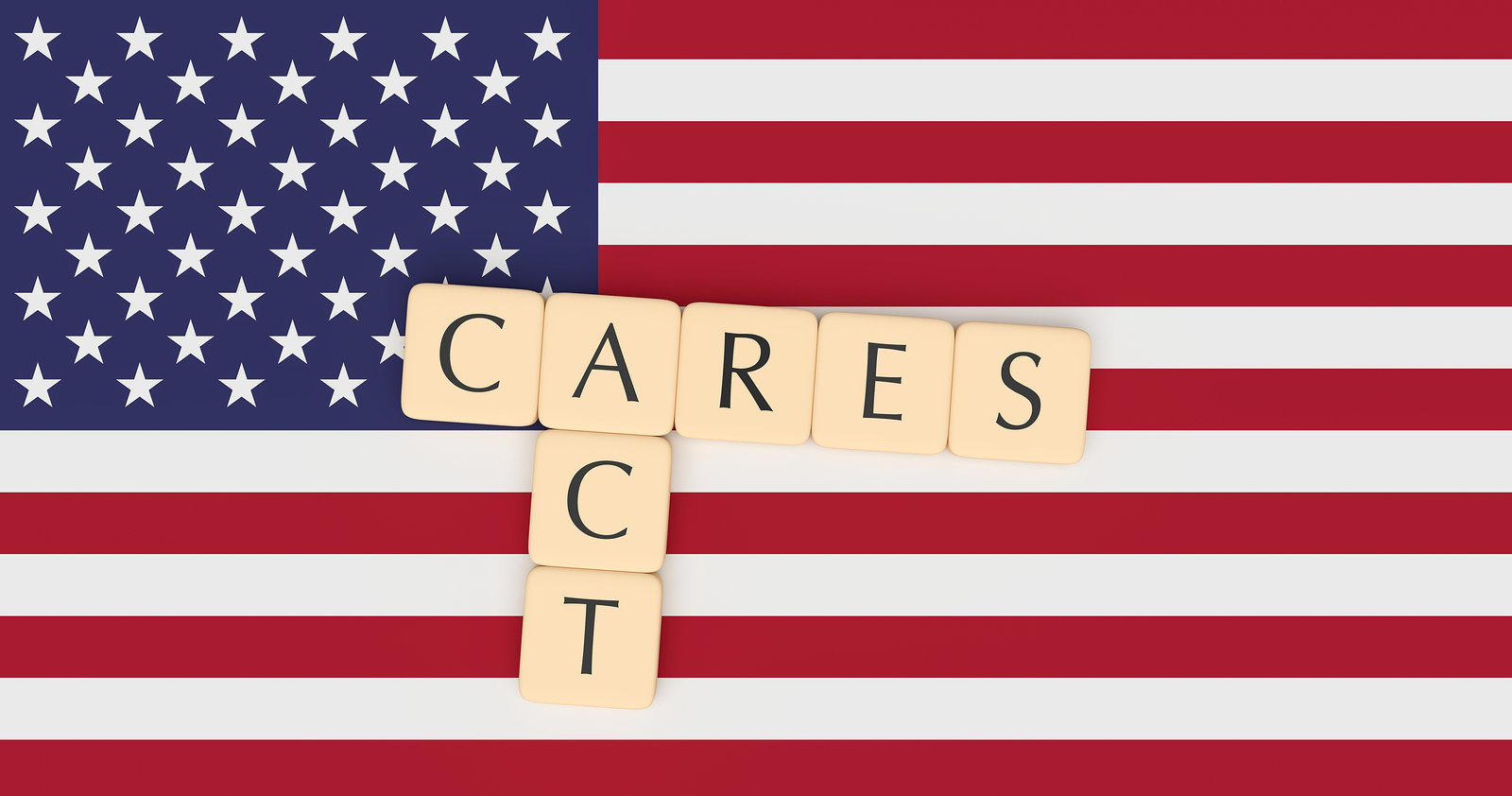Financial Assistance for individuals, businesses, and nonprofits
Small business, Nonprofit, and Self-employed assistance
There is money in the CARES Act for small businesses, nonprofits, and the self-employed. Read on to find links to vital information you may need, and instruction on what to do next.
For the first time self-employed individuals can file for and receive unemployment benefits. These unemployment benefits, per the CARES Act, can place the maximum weekly benefit at over $1,000 with no waiting period. This means that artists and craftsmen, landscapers, plumbers, and consultants (to name just a few) may all be eligible for up to 13 weeks of compensation. The wait times are understandably long due to massive response, but assurances have been given that every qualified applicant will be compensated according to the documented date of their pandemic-related unemployment.
For small businesses and organizations, long-term, low interest loans will be available through the Small Business Administration (SBA) and local banks. Of particular interest to all small businesses is the SBA’s Paycheck Protection Plan (PPP), which will loan businesses the funds to cover employee payroll and associated expenses between February 15 and June 30, 2020; if the money is all used for payroll, the loan will be forgiven. Additional details on this and other small business programs included in the CARES Act can be found here. Applications have just become available for this program and need to be submitted through a local bank. Get the details, here.
 SBA Paycheck Protection Program:
SBA Paycheck Protection Program:
Below is information from SBA about the Paycheck Protection Program, a type of loan for which a portion (up to 100%) can be forgiven if the loan is used to cover the first 8 weeks of payroll and certain other expenses.
The Paycheck Protection Program prioritizes millions of Americans employed by small businesses by authorizing up to $349 billion toward job retention and certain other expenses. Get application and details about the Paycheck Protection Program.
Small businesses and eligible nonprofit organizations, Veterans organizations, and Tribal businesses described in the Small Business Act, as well as individuals who are self-employed or are independent contractors, are eligible if they also meet program size standards.
Under this program:
- Eligible recipients may qualify for a loan up to $10 million determined by 8 weeks of prior average payroll plus an additional 25% of that amount.
- Loan payments will be deferred for six months.
- If you maintain your workforce, SBA will forgive the portion of the loan proceeds that are used to cover the first 8 weeks of payroll and certain other expenses following loan origination.
Learn more from SBA. You can also check out this Forbes article summarizing the benefits for small business, as well as this fact sheet from the Treasury Department.
Church Leaders Take Note
Churches are a nonprofit sector recognized within the CARES Act. See a helpful guide to applying for financial assistance that we recently republished on our Church Finance Blog.
Those are three areas that hold great promise for the self-employed, small businesses and nonprofits, including churches. Knowing that things are moving rapidly, what can you do to get yourself ready for the application process?
What You Can Do To Get Ready for the Application Process
We suggest the following:
- Document the harm that the shutdown is having on your business. When did your orders or service calls begin to drop?
- Get your financial records for the last two years or longer in order and make sure you can back up your claims. For example, if you were doing $10,000 in sales in March of 2019, and this year your sales were $4,000, you need to be able to document that change. Also, what are you projecting for sales for the next three months, and how does that compare to last year?
- File your 2019 taxes (but be aware that there are income-based phase out provisions). If you haven’t filed taxes in previous years but should have, do that too. If you didn’t file taxes in 2018 and don’t intend to file in 2019 (unless you are receiving social security benefits), you will not be eligible for the direct stimulus payments to individuals and families.
Myrick CPA is here to support you
In addition to passing along information like this, Myrick CPA is here and ready to assist clients in more individualized ways:
1) If you have not yet filed your 2019 taxes - business or individual - we can take care of that for you!
- If you are anticipating a refund, then it will be helpful to you to receive that cash as soon as possible.
- If, on the other hand, you anticipate that you will owe taxes, that information may be critical as you seek to access relief funds. Tax filing deadlines have been extended to July 15, so we have time to help you get it done.
2) If you would like personal assistance in understanding, selecting, and applying for stimulus funding through the SBA, please reach out to us. A short consultation can help to determine the right funding sources for you. If you would like our help with your applications, we will quickly put together a custom proposal for your consideration. Once we have an agreement, we'll get started!
Stay healthy, stay in, and...
Contact Us Today





